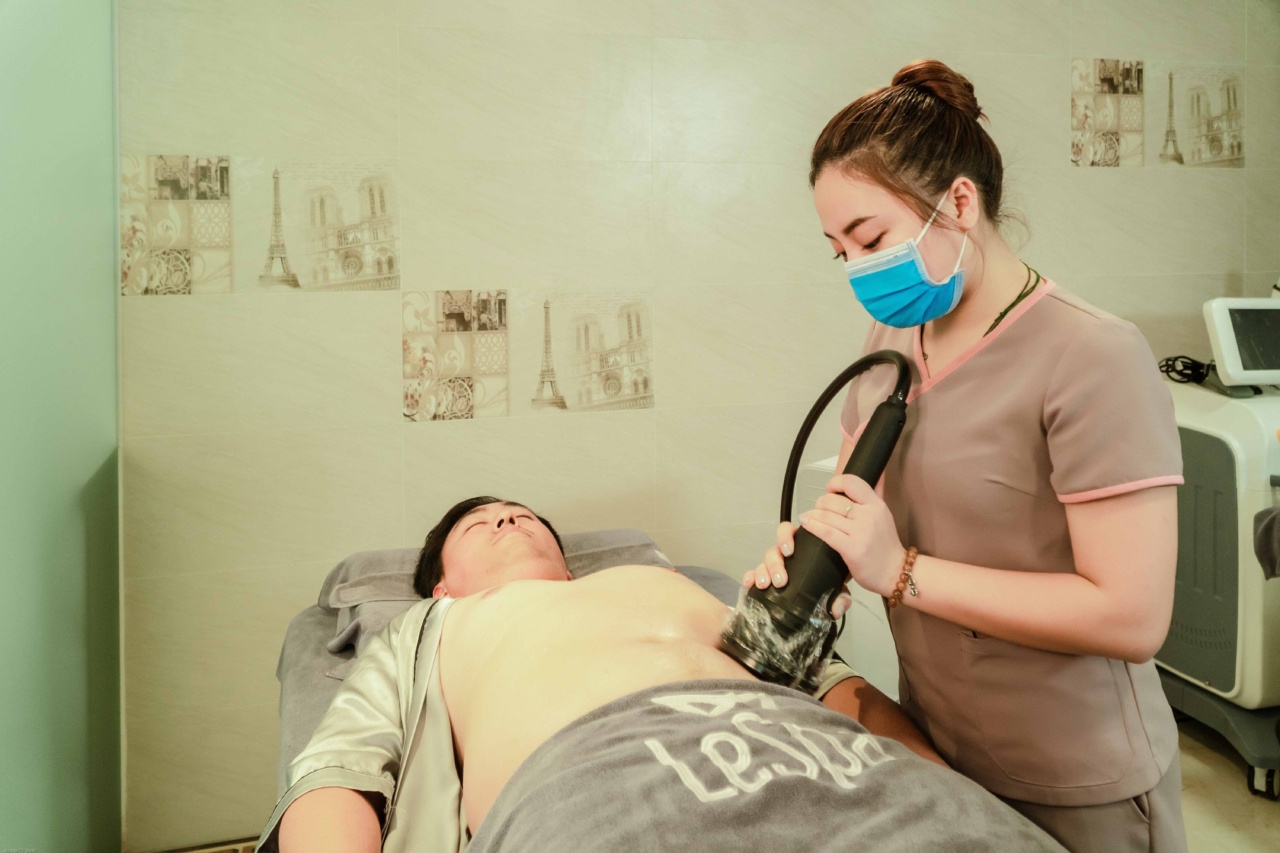Macular degeneration is a progressive eye condition that affects the macula, the part of the retina responsible for central vision.
It is one of the leading causes of vision loss in older adults, and early detection and treatment are crucial in preventing further damage and preserving vision. This article provides an overview of macular degeneration, its detection methods, and available treatment options.
What is Macular Degeneration?
Macular degeneration, also known as age-related macular degeneration (AMD), is a condition that affects the central area of the retina called the macula.
The macula is responsible for sharp, central vision, which is necessary for tasks such as reading, driving, and recognizing faces. AMD typically occurs with age and is more common in individuals over the age of 50.
There are two types of macular degeneration: dry AMD and wet AMD. Dry AMD is the more common form and is characterized by the presence of drusen, yellow deposits beneath the macula. These deposits can lead to gradual vision loss.
Wet AMD, on the other hand, is characterized by the growth of abnormal blood vessels beneath the macula. These vessels leak fluid and blood, causing rapid vision loss if left untreated.
Detection Methods
Early detection of macular degeneration is crucial in preventing significant vision loss. Regular eye exams are essential in diagnosing the condition, as symptoms may not be noticeable until later stages.
During an eye exam, the following detection methods may be used:.
1. Visual Acuity Test
A visual acuity test measures the clarity of your central vision. You will be asked to read letters on a Snellen chart to determine your visual acuity. This test helps quantify the extent of vision loss caused by macular degeneration.
2. Dilated Eye Examination
In a dilated eye examination, the eye doctor uses special eye drops to widen your pupil, allowing a clear view of the macula. They will examine the retina and the macula for any abnormalities, such as drusen or abnormal blood vessel growth.
3. Optical Coherence Tomography (OCT)
OCT is a non-invasive imaging test that provides cross-sectional images of the retina. It helps identify any changes in the macula, such as thickening or fluid accumulation. OCT is particularly useful in diagnosing and monitoring wet AMD.
4. Amsler Grid Test
The Amsler grid is a tool used to detect visual distortions caused by macular degeneration. It consists of a grid of straight lines with a central dot.
By looking at this grid one eye at a time, you can check for any wavy, blurred, or missing lines, indicating potential macular abnormalities.
Treatment Options
Although there is no cure for macular degeneration, various treatment options aim to slow down the progression of the condition and manage its symptoms. The choice of treatment depends on the type and stage of macular degeneration.
Common treatment options include:.
1. Anti-VEGF Injections
For individuals with wet AMD, anti-VEGF (vascular endothelial growth factor) injections are the most common treatment option.
These injections are administered directly into the eye to inhibit the growth of abnormal blood vessels and prevent further vision loss. Regular injections are often required to maintain the effect.
2. Laser Therapy
Laser therapy, such as photocoagulation or photodynamic therapy, can be used to treat certain cases of wet AMD. These procedures aim to seal or destroy abnormal blood vessels to prevent them from leaking and causing further vision loss.
3. Nutritional Supplements
Certain nutritional supplements, such as vitamins C and E, zinc, copper, and lutein, may help slow down the progression of macular degeneration.
These supplements are specifically formulated for individuals with AMD and should be taken under medical supervision.
4. Low Vision Aids
Low vision aids, including magnifiers, telescopic lenses, and video magnifiers, can help individuals with macular degeneration make the most of their remaining vision.
These devices enhance the remaining functional vision and assist in performing daily tasks.
5. Lifestyle Changes
Adopting certain lifestyle changes can also help manage macular degeneration.
Quitting smoking, incorporating a healthy diet rich in green leafy vegetables and fish, exercising regularly, and protecting your eyes from sunlight may help slow down the progression of the condition and reduce the risk of developing advanced AMD.
Conclusion
Macular degeneration is a debilitating eye condition that can significantly impact an individual’s quality of life. Early detection through regular eye exams is crucial in identifying the condition and initiating timely treatment.
While there is no cure, various treatment options, such as anti-VEGF injections and laser therapy, can help slow down the progression of macular degeneration and preserve vision. Additionally, lifestyle changes and the use of low vision aids can further assist individuals in managing the condition effectively.




























